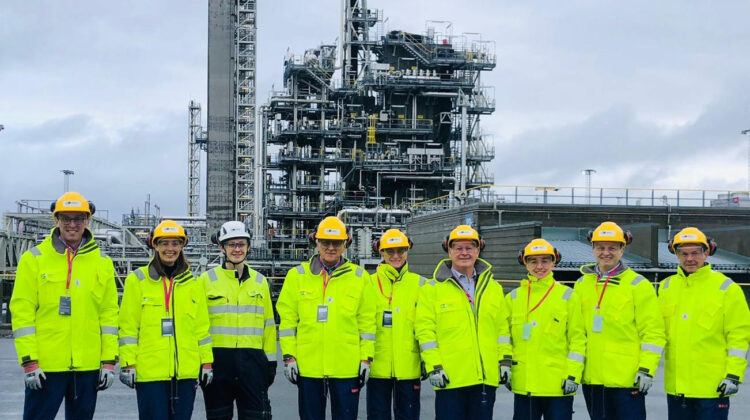
Vancouver-based CO280 has signed a major carbon removal agreement with JPMorganChase, reinforcing its position as a rising global leader in engineered carbon dioxide removal (CDR).
Under the 13-year deal, JPMorganChase will purchase 450,000 metric tons of CO₂ equivalent (mtCO₂e) captured from a pulp and paper mill on the U.S. Gulf Coast that has been retrofitted with carbon capture technology.
Priced at under $200 per ton, the agreement represents one of the lowest costs to date for high-quality engineered CDR—a critical step toward broader market adoption.
The announcement follows CO280’s landmark agreement with Microsoft last month, in which the tech giant committed to purchasing 3.685 million tonnes of CDR—one of the largest engineered carbon removal deals ever signed.
CO280’s model focuses on scaling CDR by retrofitting existing pulp and paper mills to capture biogenic CO₂ emissions from boiler stacks. That captured carbon is then permanently sequestered deep underground, and the resulting removal credits are sold to companies like JPMorganChase to help offset operational emissions.
Natalie Khtikian, co-founder and Chief Commercial Officer of CO280, said the deal validates JPMorganChase’s early confidence in the company’s approach.
“This landmark agreement is a testament to the bank’s extraordinary leadership,” said Khtikian. “JPMorganChase was our earliest supporter—recognizing from day one how retrofitted CCS could deliver value to investors and mill communities while offering the most cost-effective, high-quality carbon removal.”
SLB Capturi will provide the carbon capture technology for the project. Because the emissions come from biogenic sources such as wood waste, the process is considered carbon-negative and aligns with global sustainability standards. All credits will be third-party verified under established measurement, reporting, and verification (MRV) protocols and sustainable biomass sourcing principles.
The pulp and paper industry represents a multi-billion-dollar opportunity for carbon removal. U.S. mills generate substantial volumes of biogenic CO₂ and directly employ nearly one million people, with another six million jobs indirectly supported—many in rural communities.
CO280 is currently working with industry partners to develop a network of over ten carbon capture projects, representing a combined removal capacity of 10 million tons per year. Its long-term ambition is to create the world’s largest carbon removal network—advancing climate goals while boosting the economic resilience of one of America’s most established industries.

